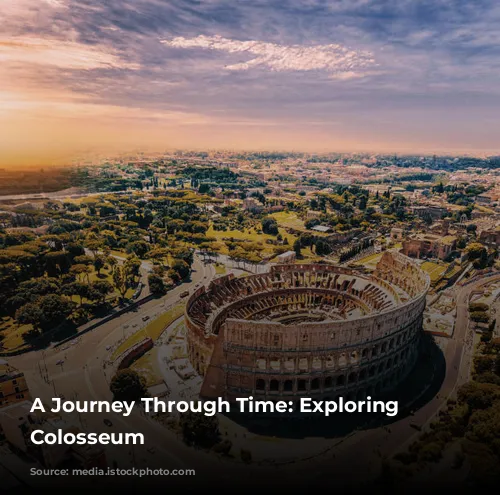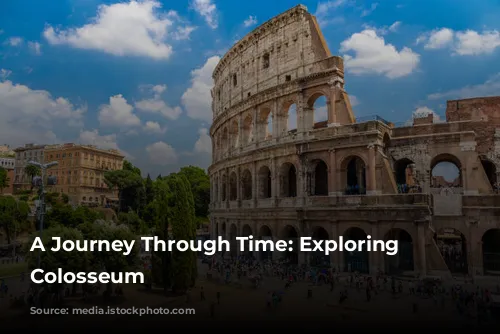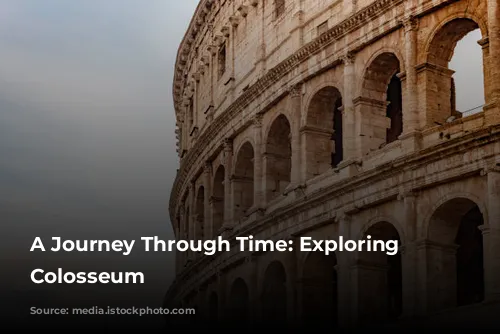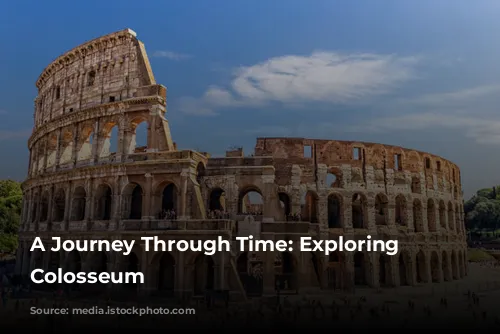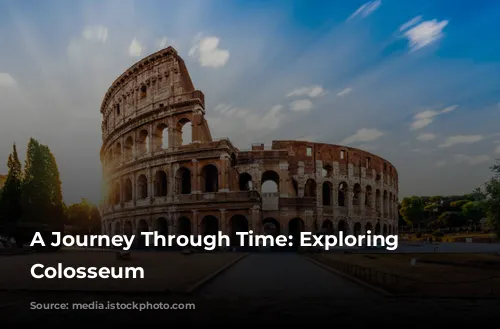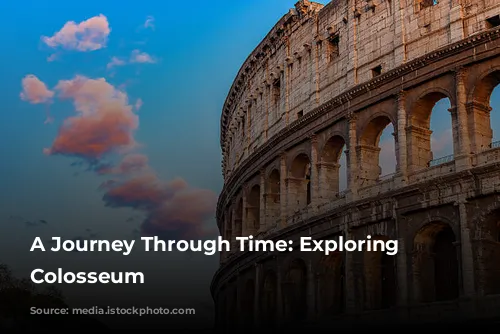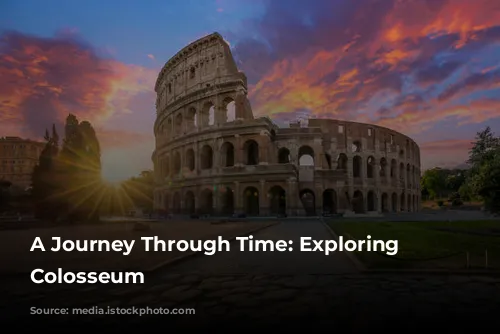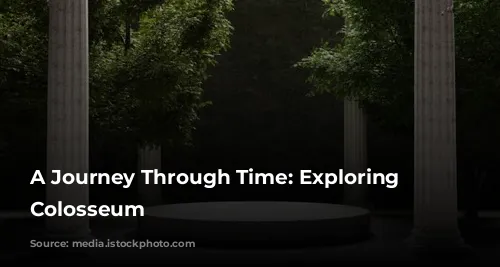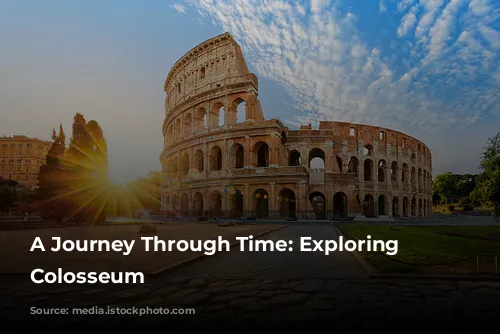Step into the heart of ancient Rome and discover the Colosseum, a timeless monument that whispers tales of empires, gladiators, and emperors. This iconic landmark, a testament to human ingenuity and the grandeur of the Roman Empire, beckons travelers from all corners of the globe. Prepare to be enthralled by its history, marvel at its architectural brilliance, and unlock the secrets that lie within its massive walls.
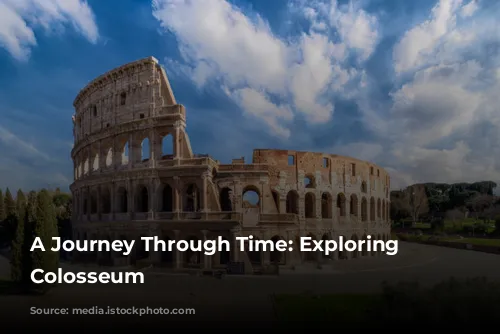
The Colosseum: A Monument to Power
The Colosseum, originally known as the Flavian Amphitheater, stands proudly in the heart of Rome, Italy, a symbol of Roman might and architectural prowess. Built by the Flavian emperors, it was designed as a testament to their authority and power. This colossal structure, spanning 189 meters in length and 156 meters in width, could accommodate over 50,000 spectators, making it the largest amphitheater ever built. Its sheer size and grandeur are a captivating testament to the engineering skills of the ancient Romans.
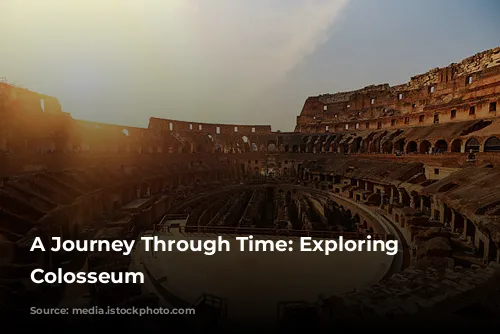
A Marvel of Engineering: Building the Colosseum
The construction of the Colosseum, a monumental feat of engineering, commenced under Emperor Vespasian in 70 AD and was completed by his son, Titus, in 80 AD. Skilled Roman builders employed innovative techniques and tools, such as pulleys, cranes, and other ingenious contraptions, to transport and assemble massive blocks of travertine stone, which form the Colosseum’s outer walls. The Colosseum is a testament to the Roman’s ingenuity and perseverance, as its structure has withstood the ravages of time, earthquakes, fires, and other natural disasters, remaining largely intact and safe for visitors.
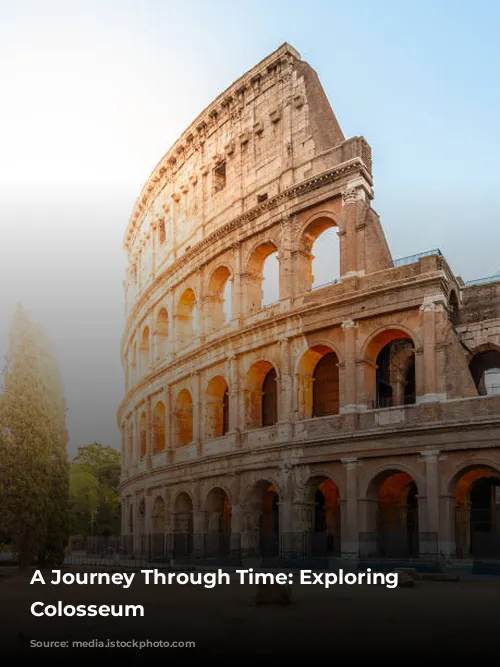
The Colosseum: A Mirror to Ancient Rome
The Colosseum stands as a powerful reminder of the extraordinary cultural and artistic achievements of ancient Rome, while simultaneously revealing the darker aspects of its history. This architectural masterpiece served as a venue for spectacular events and entertainments, but also for brutal spectacles that continue to shock and fascinate us today.
The Colosseum’s unique design, featuring a complex system of tunnels and passageways, served a variety of purposes, showcasing the Roman’s understanding of infrastructure and logistics. This innovative design continues to inspire architects and engineers to this day, demonstrating the lasting legacy of Roman ingenuity.
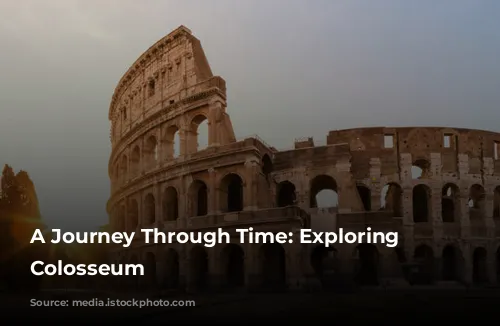
Spectacles of Power: The Colosseum in Action
The Colosseum was a stage for a captivating array of spectacles, from gladiatorial combats to thrilling wild animal hunts. The most famous and thrilling events were undoubtedly the gladiatorial combats, where skilled warriors, known as gladiators, engaged in fierce battles to the death. These brutal contests, a staple of ancient Roman culture, served as a form of entertainment but also reinforced the social hierarchy of the Roman world. Gladiatorial victories brought not only fame and fortune but also the admiration of the Roman populace.
In addition to gladiatorial combat, the Colosseum also hosted venationes, wild animal hunts that showcased the prowess and skill of hunters who faced off against exotic beasts imported from across the vast Roman Empire. Lions, elephants, and even wild bears were brought to Rome and released into the arena for these deadly battles. These spectacles served as a demonstration of Roman dominance over the natural world and showcased the wealth and reach of the empire.
The Colosseum also provided a stage for elaborate reenactments of famous battles and historical events, meticulously staged with intricate sets and costumes, often involving thousands of participants. The grandeur and spectacle of these reenactments transported spectators to different times and places, offering a glimpse into Roman history and mythology.
Finally, the Colosseum was occasionally filled with water, transforming into a stage for mock naval battles known as naumachia. These thrilling events displayed Rome’s naval power and provided another form of entertainment for the masses, showcasing the diversity and spectacle of the events held within the Colosseum.
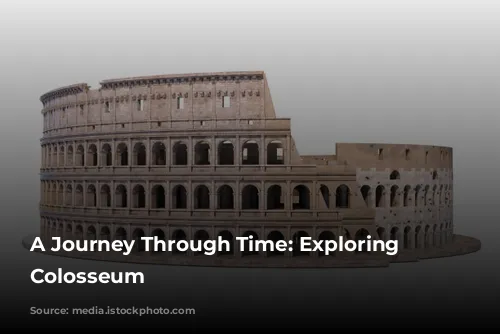
Unveiling the Colosseum’s Secrets: A Must-See Experience
If you’re yearning for a glimpse into the heart of ancient Rome, a visit to the Colosseum is a must-see experience. A tour of this magnificent structure will transport you back in time, allowing you to immerse yourself in the rich history and captivating stories that surround this ancient wonder. But it’s not the same without a guided tour, led by knowledgeable and enthusiastic experts who can provide invaluable insights into the architecture, history, and cultural significance of the Colosseum.
At What a Life Tours, we offer some of the best Colosseum tours in the capital, taking you beyond the well-trodden paths to explore the ancient tunnels beneath the Colosseum and other areas closed to the general public. Our intimate, private tours (up to 6 people) and even nighttime tours, offering a unique perspective of the Colosseum under the stars, provide an unparalleled experience for those seeking a deeper understanding of this iconic landmark. No matter which option you choose, a tour of the Colosseum is a must-see for any traveler to Rome.
From its awe-inspiring construction to its captivating history and legacy, the Colosseum stands as a timeless symbol of human ingenuity and the grandeur of the Roman Empire. A visit to this remarkable monument is a journey through time, offering a glimpse into the heart of ancient Rome and its enduring legacy.
